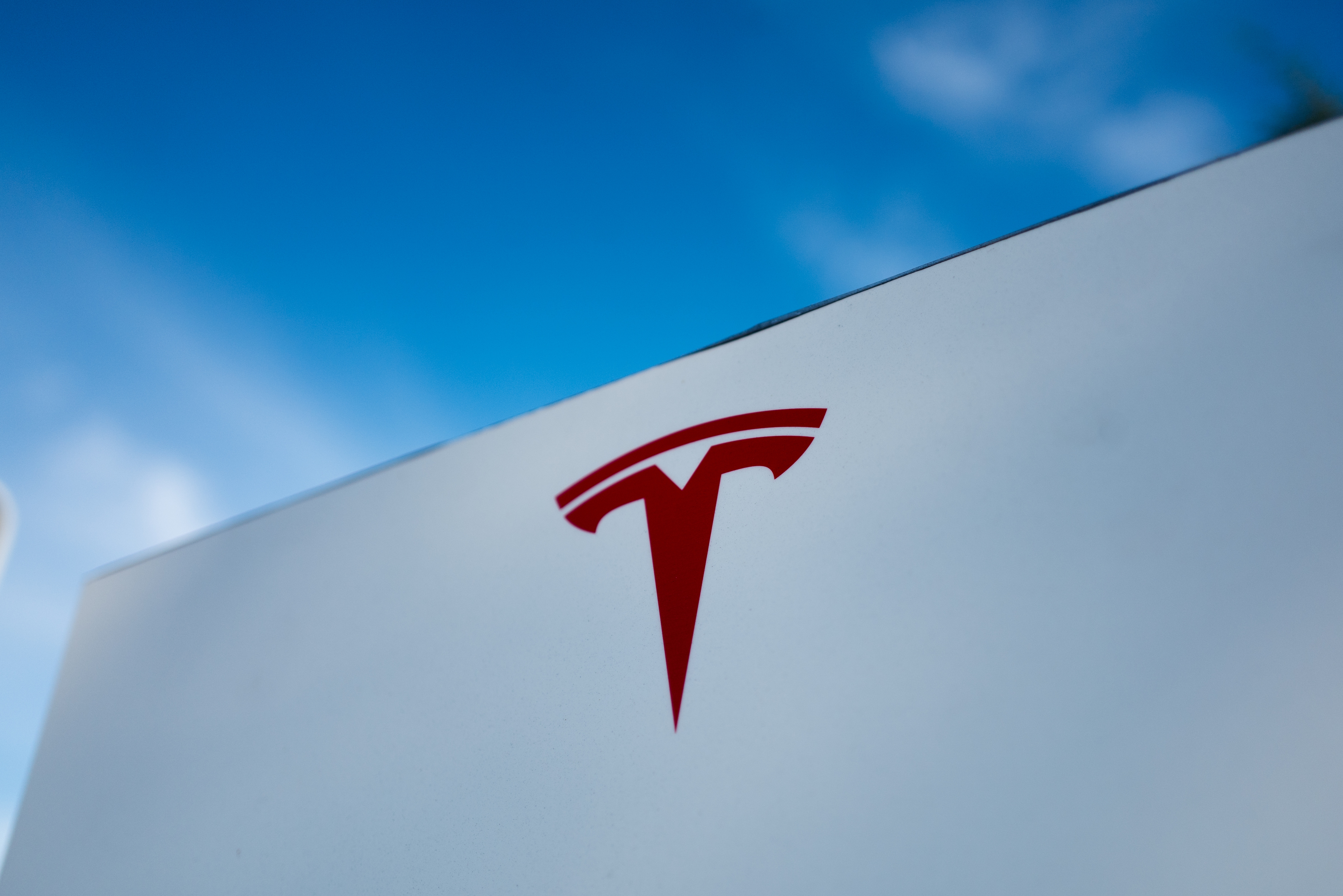Beauty retailer Sephora has big growth plans, at a time when many businesses are shutting their doors for good.
The company, owned by Louis Vuitton parent company LVMH, will open 100 stores in 2020. This marks its largest real estate expansion to date, more than doubling its store growth in 2019. And the focus, with this growth, will be on expanding outside of shopping malls.
“We love our stores in malls ... but the focus on this next 100 is more off-mall locations,” Jeff Gaul, senior vice president of Real Estate and Store Development at Sephora Americas, said in an interview. “We are getting closer to where she lives and works, where she does most of her errands ... where she can pull right up and grab something.”
Sephora will also be looking to grow in cities like Charlotte, North Carolina, and Nashville, Tennessee — not necessarily urban markets like New York and Los Angeles, Gaul said, calling it a “hub and spoke strategy,” where the so-called Sephora hubs have already been planted in major metros.
“We hope to create a network of stores to serve clients in all the needs that she has,” he said. “We do not believe retail is dead. We think quite the opposite. We think it is alive and kicking.”
Sephora’s next set of stores will be slightly smaller than its existing ones — spanning about 4,000 square feet compared with 5,500. There will be a focus on fragrances and hair care — two areas where the company says it has seen tremendous growth.
Sephora has only shut a store here and there over the years. Gaul said he can “count on one hand” the number of Sephora locations that have closed in North America in the past three years. Sephora has more than 2,500 locations globally, including its mini stores within J.C. Penney department stores.
Business
Despite Penney’s recent struggles, Gaul says Sephora’s relationship with the company is “ongoing” and allows Sephora to reach new customers. Sephora doesn’t have any major closures planned, he said.
Meantime, Sephora’s growth strategy will seemingly pit it in more direct competition against rival Ulta Beauty. Ulta’s stores are typically found in suburban strip centers, not inside of malls anchored by department store chains.
Other rivals in the beauty space include Macy’s Bluemercury and millennial beauty brand Glossier. Macy’s is also reportedly looking to open a standalone beauty store — the first of its kind — in Southlake, Texas.
Since 2009, U.S. beauty and personal care sales have risen 52%, according to market research company Euromonitor. The global cosmetics industry is projected to hit $430 billion by 2022, according to a report by Allied Market Research.
While LVMH doesn’t break out sales of Sephora, it said that during 2019 the business benefited from “strong growth and continues to gain market share. ... Growth was particularly strong in Asia and the Middle East. Online sales grew rapidly throughout the world.”
This story first appeared on CNBC.com. More from CNBC:



